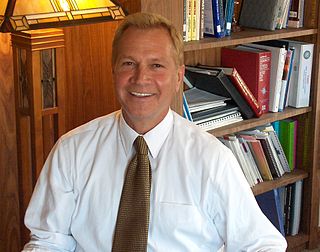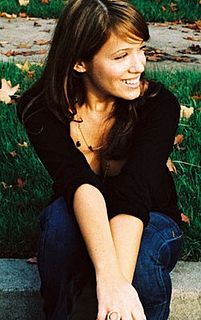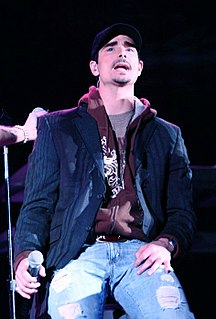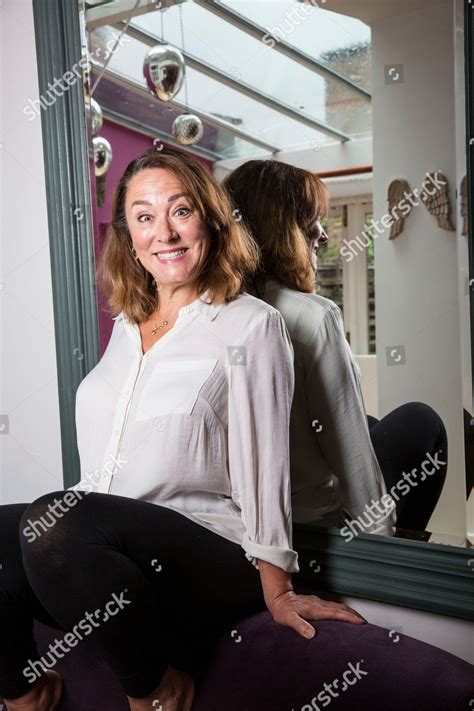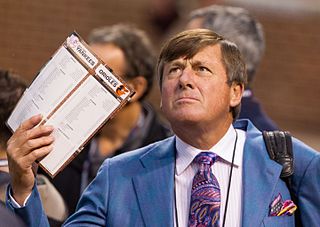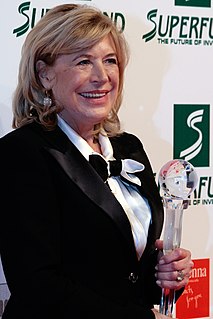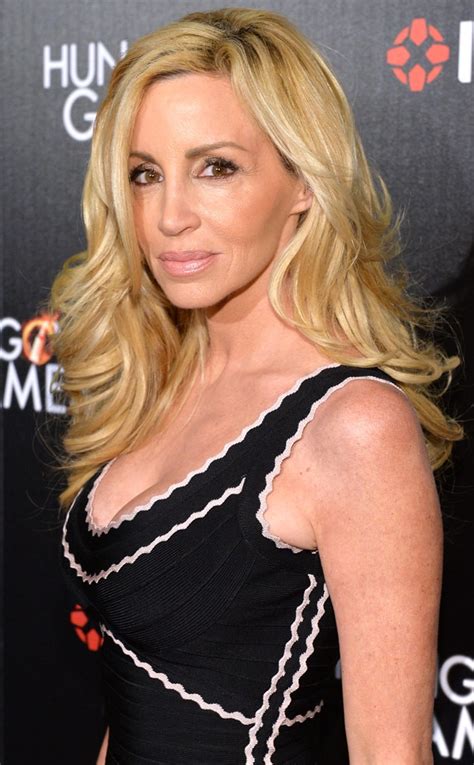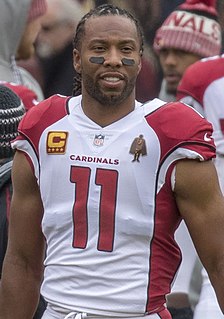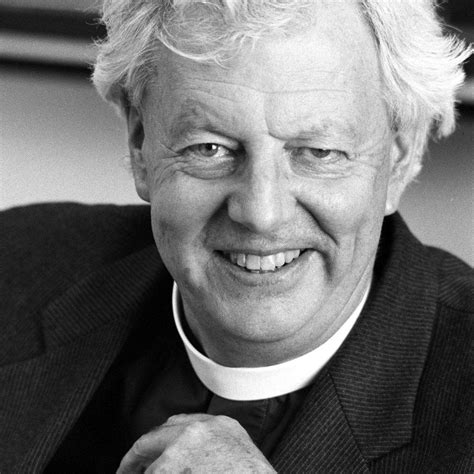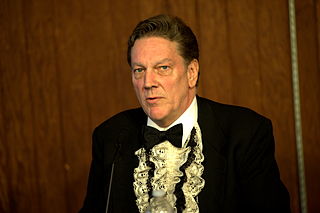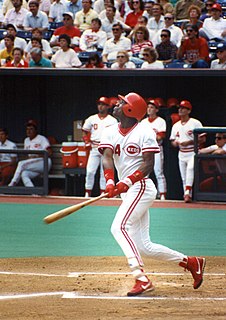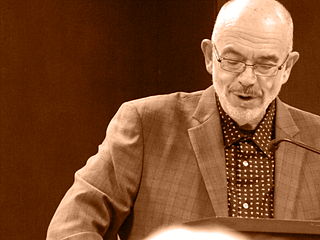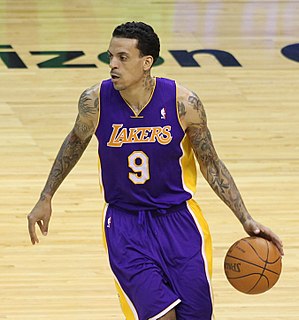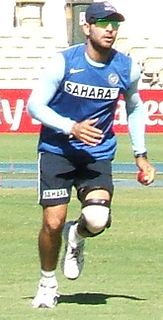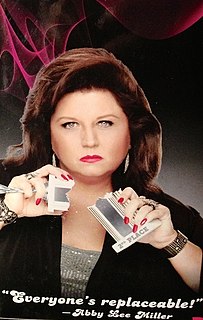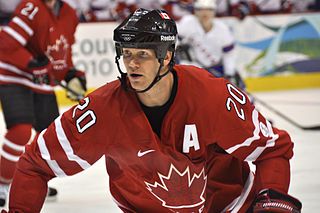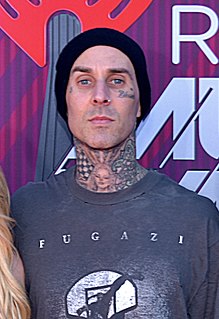Top 1200 Colon Cancer Quotes & Sayings
Explore popular Colon Cancer quotes.
Last updated on November 21, 2024.
The development of a strategic plan for cancer prevention in medical schools that is supported by all stakeholders - including the medical community, government, the insurance industry, cancer advocacy groups and all those dedicated to cancer prevention - will be the key to inspiring patients to live lifestyles that will decrease cancer risk.
To be diagnosed with cancer was a frightening thing, and my first reaction was sheer panic, but I was really fortunate that the cancer was caught at such an early stage that I didn't need chemo or radiotherapy. But I know that cancer is a chronic condition, and once you've had it, you're on the list, because it can come back.
I joined forces with the American Cancer Society in 2010 as a spokesperson for the N.F.L.'s 'A Crucial Catch' campaign, which benefits the American Cancer Society. This was important to me because I lost my mother to breast cancer, and I have always felt a strong commitment to doing all I can to fight this disease.
You've got to get away from the idea cancer is a disease to be cured. It's not a disease really. The cancer cell is your own body, your own cells, just misbehaving and going a bit wrong, and you don't have to cure cancer. You don't have to get rid of all those cells. Most people have cancer cells swirling around inside them all the time and mostly they don't do any harm, so what we want to do is prevent the cancer from gaining control. We just want to keep it in check for long enough that people die of something else.
The decrease in incidents of death from cancer is largely attributable to new medicines or therapeutics. Perhaps a third is attributable to changing our environment, and that includes of course smoking which I believe accounted for probably 20 percent of deaths from, certainly from lung cancer, more than that from lung cancer, but from cancer overall.
Cancer didn't have to be permanent; in my case, I'm lucky that my cancer is curable, but infertility was. And it was the first time I realized that cancer wasn't just something seasonal; it wasn't something that was going to pass with the summer. It was something that was going to change my life forever.
Cancer is manageable. That if you deprive cancer of what it wants, by proper nutrition, avoiding toxins, avoiding chemicals and pharmaceuticals, sleeping well, eliminating stress, and balancing hormones with natural bioidentical hormones, you have a real shot at keeping your cancer at bay. In this way, you are managing your cancer.
Learning that whole grains, legumes, fruits and vegetables can help prevent many cancers, including cancers of the prostate, breast, mouth, throat, esophagus, lung, colon, kidney, pancreas, thyroid, gallbladder, and probably other cancer types is a powerful lesson that can have a significant impact on children's lives.

